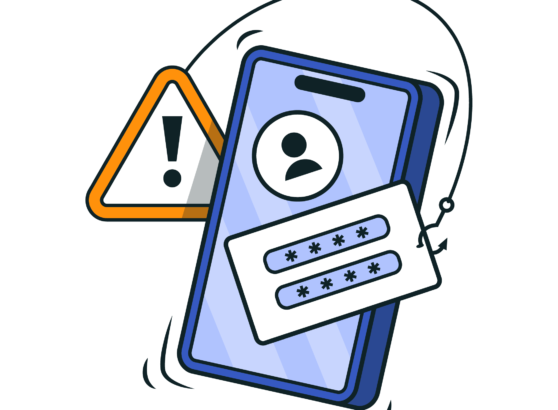
Don’t Get Crumbled: Keeping Your Mobile Cookies Secure
We all know the struggle of real-life cookies – resisting that tempting double chocolate chip can be tough! But in the digital world, cookies are a different story. These small data packets store information about your browsing habits, and while they can be convenient, they also raise security concerns, especially on mobile devices.
So, let’s explore the world of mobile cookies and how to keep them secure:
What are Mobile Cookies?
Like their website counterparts, mobile cookies are data stored on your phone or tablet. They track your activity within apps and websites, remembering things like login credentials, website preferences, and shopping cart items. While they can enhance your user experience by offering a personalized experience, they also raise privacy concerns.
Security Risks of Mobile Cookies:
- Third-Party Tracking: Third-party companies can use cookies to track your activity across different apps and websites, building a comprehensive profile of your online habits. This information can be used for targeted advertising or even sold to other companies.
- Vulnerability to Hacking: If a hacker gains access to your device, they can also access the information stored in cookies, which could include sensitive data like your login credentials or financial information.
- Increased Attack Surface: Mobile devices are often used on public Wi-Fi networks, which can be less secure than private networks. This makes your device and the information stored in cookies more vulnerable to attacks.
Keeping Your Mobile Cookies Secure:
Manage Your Cookie Settings: Most mobile browsers and apps allow you to control how cookies are used. You can choose to block all cookies, accept all cookies, or only accept cookies from the websites or apps you visit.
- Enable “Clear Browsing Data” Regularly: This option, available in most browsers and apps, removes cookies and other browsing data.
- Be Cautious About Downloading Apps: Only download apps from trusted sources such as the official app store for your device. Read the app’s privacy policy before downloading to understand how they use cookies.
- Use a VPN: A Virtual Private Network can help encrypt your internet traffic and protect your data from being intercepted on public Wi-Fi networks.
- Consider a Privacy-Focused Browser: Some mobile browsers are designed to prioritize privacy and offer enhanced cookie management features.
Conclusion:
Mobile cookies offer convenience but with a dash of risk. Understanding the risks and taking some basic precautions ensures your mobile browsing experience remains secure and private. Remember, a little awareness goes a long way in protecting your information!





















